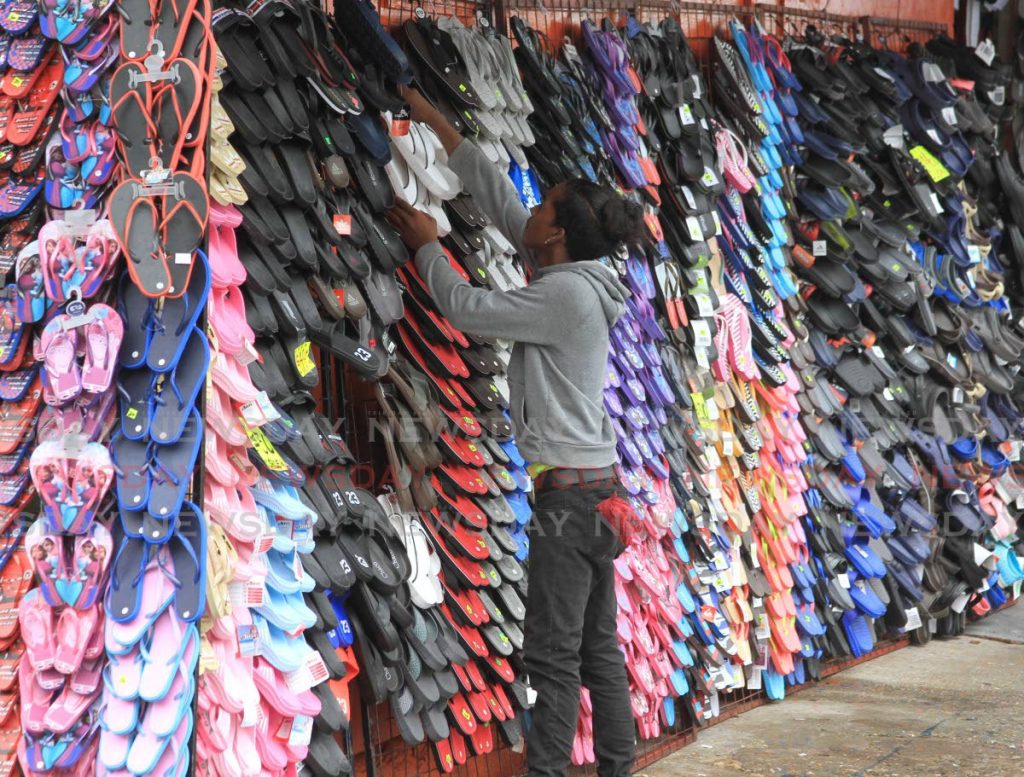PM optimistic economy will recover by August 1

Prime Minister Dr Rowley said for the second quarter of the year this country’s expenses for its social support system increased by $2 billion to meet the growing demand for aid in the fallout of the covid19 pandemic.
At a press conference at the Diplomatic Centre in St Ann’s, Rowley said Finance Minister Colm Imbert will give a mid-year budget review on Friday which would provide more details. He said he had received a draft of the covid19 Roadmap to Recovery report, and Imbert would announce the immediate response as there were overlaps with the review.
The Finance Minister previously said that government relief programmes to offset the negative impact of covid19 is expected to cost the country $6 billion.
Rowley said on Saturday the government anticipated the disruption of the economy and job losses from covid19 and took pre-emptive steps for the private sector to survive. He said public servants lost no income as the government continued to pay them even though they were not at work for over two months.
“As a matter of fact some of those public servants should be better off having not had to go out and incur the expenses that they would have normally incurred on a daily basis because the government paid for time not taken.”
He said at the beginning the government expected the lockdown to stretch until the end of June but with the reopening of the manufacturing sector on May 21 and retail outlets on June 1, people were back to work.
The government had announced salary relief grants for three months, in the amount of $1,500, for private sector employees who were sent home as businesses were ordered shut. Other people were able to access social relief assistance, rental assistance among other state help from the Ministry of Social Development.
“I would expect when the numbers are worked out that we should see fewer than anticipated persons who could have been on the system until June 30 because all those people who came back out to work well before now ought not to be on the state support system.”
He said the government worked with banks, put money in credit unions to facilitate small loans interest-free, paid of money owed to contractors, put out money to small and medium enterprises to survive, and reduced the reserve requirements in the Central Bank.
He said everything the government did, including grants and creating an enabling environment for businesses to survive had a “significant cost” which was funded by borrowing so there was a limit to what the government could do.
Rowley said he was optimistic that the confidence of consumers would return so that they would go out into stores and support businesses.
“So by the end of June into July into August, by the time we get to Emancipation Day... hopefully the people of TT should be in the position where their confidence in themselves and their own economy should allow our private sector business to get back to some semblance of normalcy.”
However, he noted that external markets were important to TT as the country exported many goods to Caricom countries. He said experts expected an 18 to 20 per cent in the reduction of GDP for some of them.
Decision pending on SEA
Rowley also said that the date for the Secondary Entrance Assessment (SEA) Examination is expected to be announced this week.
He said a group was appointed to work with stakeholders as some would like it to be held in October, while others wanted it earlier. He said there was usually two months between the exam and the releasing of results and there was some concern that having it in October would mean that the first term of secondary school would be “sacrificed.”
However, he said a decision would be made this week and announced once it was accepted by the Cabinet.
“What we have done is we have consulted very widely. We’re seeking to get some element of consensus. There’s some different views between the parents, the church bodies, the (teacher's) union, and so on. We’re trying to get as close as possible to a date that all can work with.”
Rowley reiterated that schools would reopen on September 1 and CSEC and CAPE examinations will begin on July 13. He noted there was some dissatisfaction about the dates but stressed that CXC was a regional body so it was not a government decision when those exams were scheduled.
Chief Medical Officer, Dr Roshan Parasram said there would be no opening of daycares or nurseries as no physical distancing and limited sanitising can take place with young children. He recommended that all events related to children be limited to the opening of school in September.
He added that in other territories the infection rate increased within two or three days after children returned to school.


Comments
"PM optimistic economy will recover by August 1"